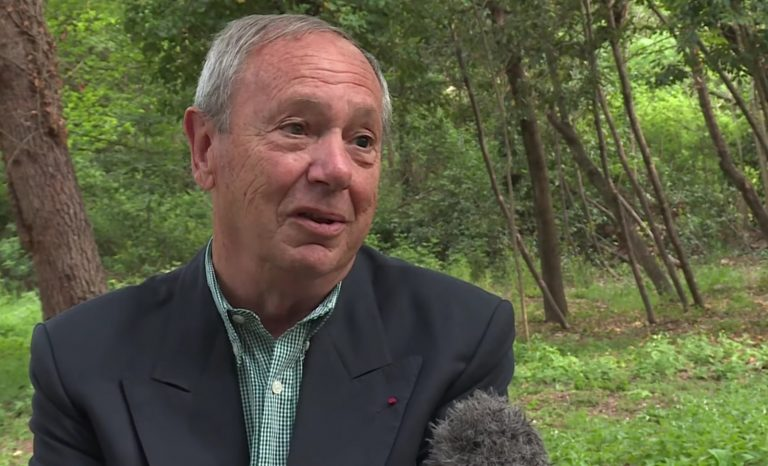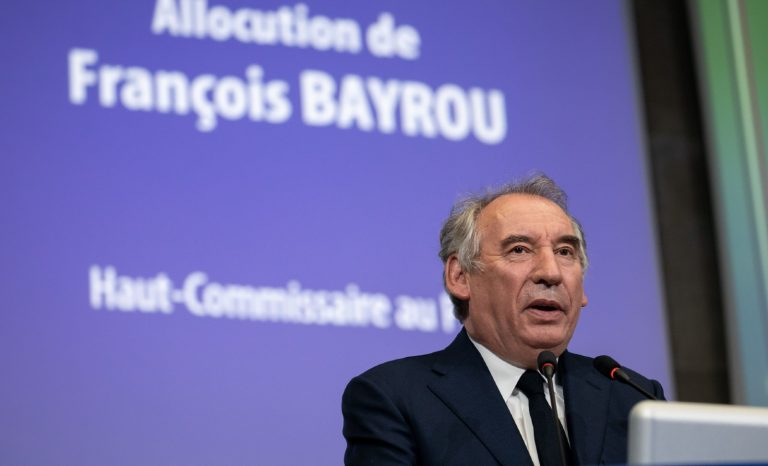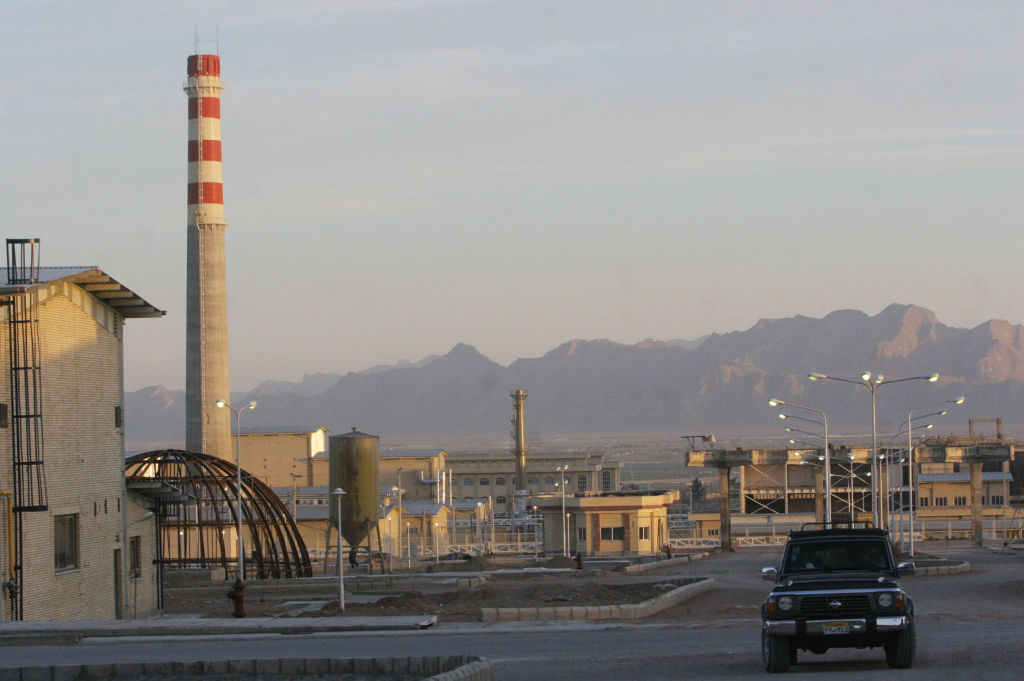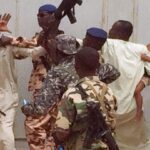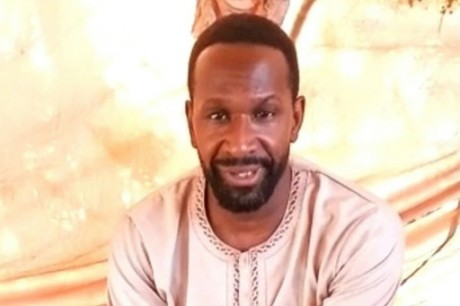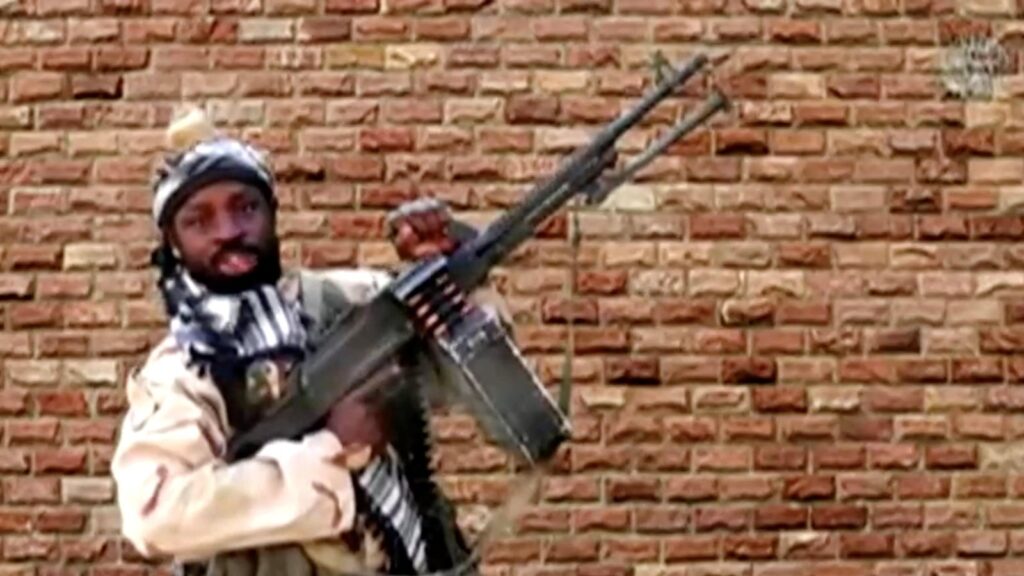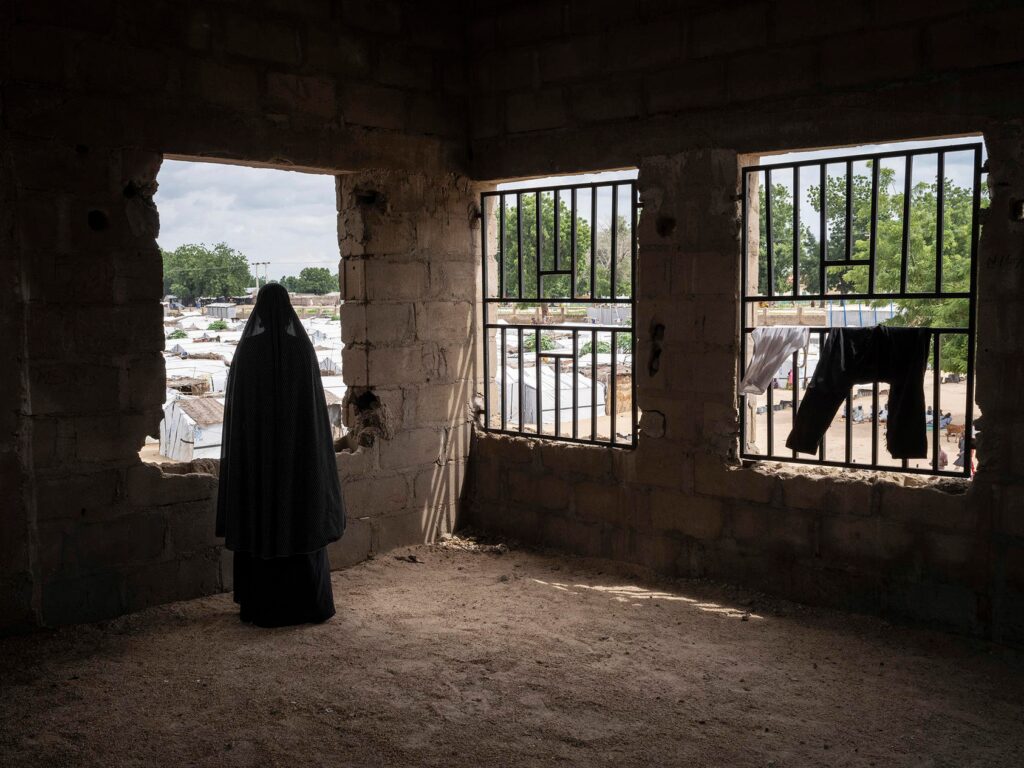
Despite challenges of unemployment, corruption, entrenched political leadership, and political violence, many African youth have found constructive avenues to promote peace, effective governance, and reform.
Africa remains the world’s youngest continent with a median age of 19.7 years. By 2050, one in three young people will live in Sub-Saharan Africa. Still, 80-90 percent of African workers are still engaged in the informal sector. Each year, 10-12 million African youth enter the labor market but only three million formal jobs are created annually. Meanwhile, nearly half of all African countries rank in the bottom quartile of Transparency International’s Corruption Perceptions Index. These trends underscore mounting social pressures.

